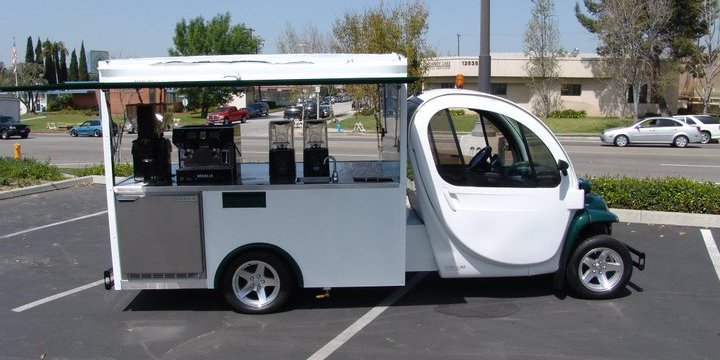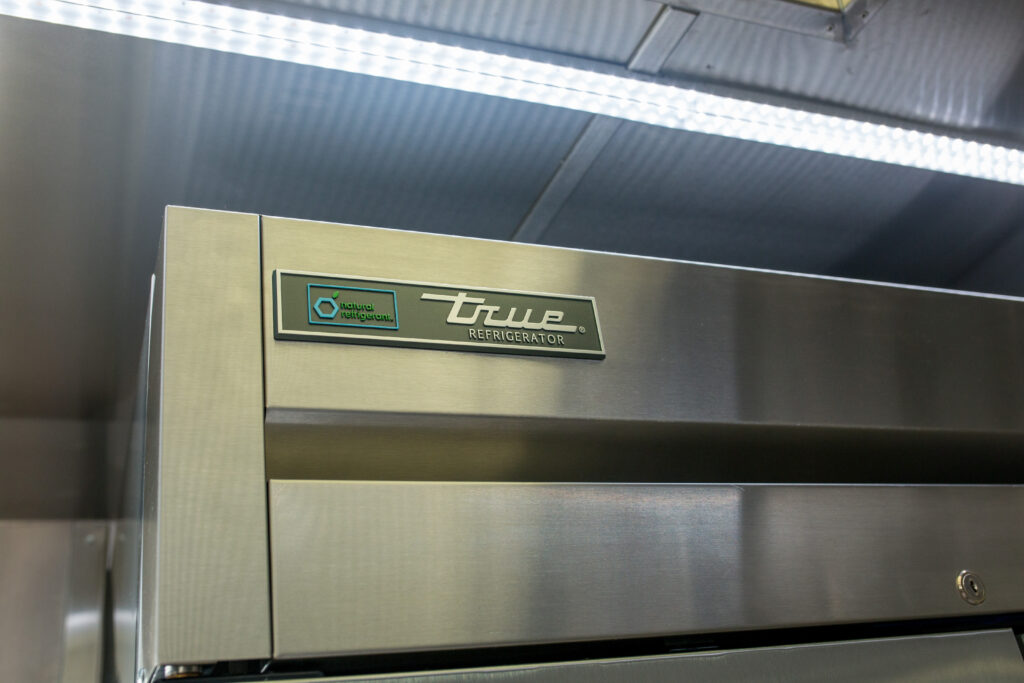Mobile dining businesses have become increasingly popular in the United States, from large food trucks and trailers to bustaurants and food carts. But when temperatures drop and the snow starts to fall, most food truck operators face freezing challenges throughout winter.
Although Southern California does not get as much snow and ice as other parts of the country, winterizing your food truck equipment isn’t something to be ignored. Here are some tips that food truck owners all over the U.S should keep in mind this winter.

Ways to Winterize Your Food Truck Equipment List and Remain Productive
Preparing your food truck equipment for winter is an effective way to maintain and keep unnecessary costs down. The correct amount of preparation lets you save more and grow your food truck business more efficiently. With that, here are practical ways to winterize your food truck equipment.
Invest in Snow Tires
During winter, most streets across the country are covered in snow, making it hard to navigate city streets. Usings quality snow tires make it easier to reach your destination and avoid calling it a “snow day” during the year’s coldest months. Besides, snow tires prevent slipping and sliding, which can be disastrous for your equipment, including the food.
Generally, snow tires include unique thread patterns made from softer rubber, with added flexibility for better traction and control of the vehicle. Decent snow tires pave the way for easier steering through different streets and maintain safe driving habits during harsh conditions.
Check, Fill and Replace All Fluids
Like any other vehicle, food trucks incorporate various fluids that keep systems running efficiently. But when winter starts, it is essential to check, fill and replace these fluids to prevent faults or damage due to freezing temperatures. Although you can address some fluid issues personally, taking your truck to a professional is essential. An experienced eye ensures a comprehensive analysis of fluids, replacing them with a suitable liquid and filling the right amount.
Consider A Regular Stop
Some states receive a significant amount of snow, and it would be challenging to drive down most streets even with snow tires. Parking your truck in a particular spot with high foot traffic limits frequent movement during winter. Besides, you get to attract more buyers because most people are more likely to buy from you while walking around when the weather is conducive.
Therefore, considering a regular parking spot and updating your food truck’s social media accounts can significantly maximize your sales during winter. Besides, parking in a single location throughout the season helps winterize your food truck equipment list by limiting movements, bringing customers to you, and cutting operating costs.

Apply Anti-Freeze in The Water Lines
It is likely for water tanks and lines to get frozen with freezing temperatures during winter. Flushing out the remaining water by turning on taps and opening the greywater valve below the truck helps drain all the water from the lines. Draining water lines helps remove water that would otherwise freeze and block water lines. To prevent freezing altogether, pour or apply a non-toxic anti-freeze agent to the fresh water tank and let it drain through all taps.
Protecting Your Food Truck Equipment From The Freeze
Learning effective ways to winterize your food truck equipment can involve trial and error, but the above tips help you become productive during winter. At Legion Food Trucks, we understand the challenges you may experience while storing or preparing your food truck for winter. Contact us to learn more about winterizing your food truck or bringing your food truck idea to life!







